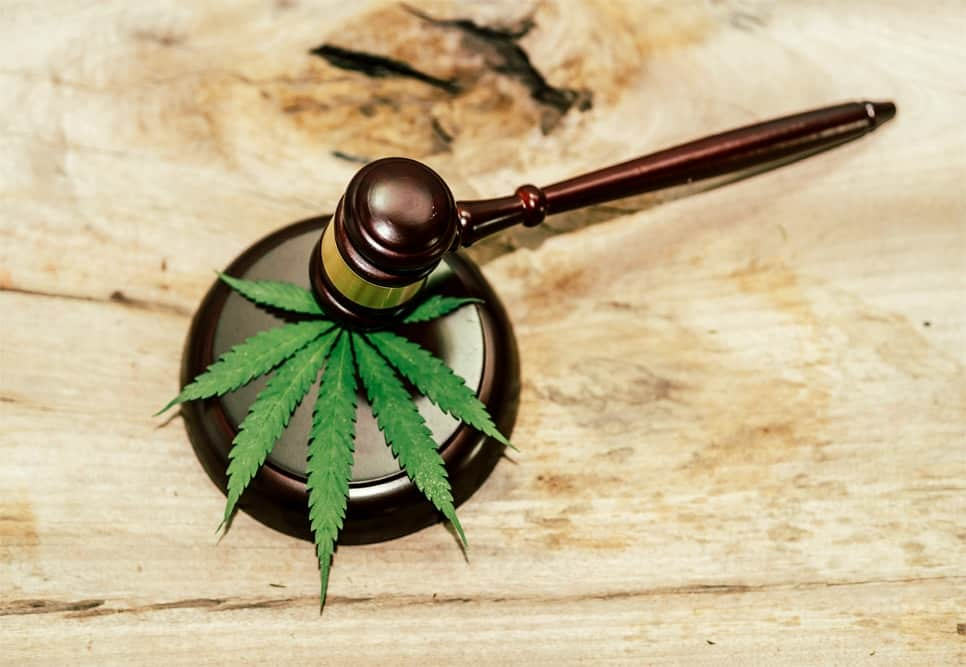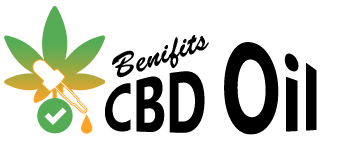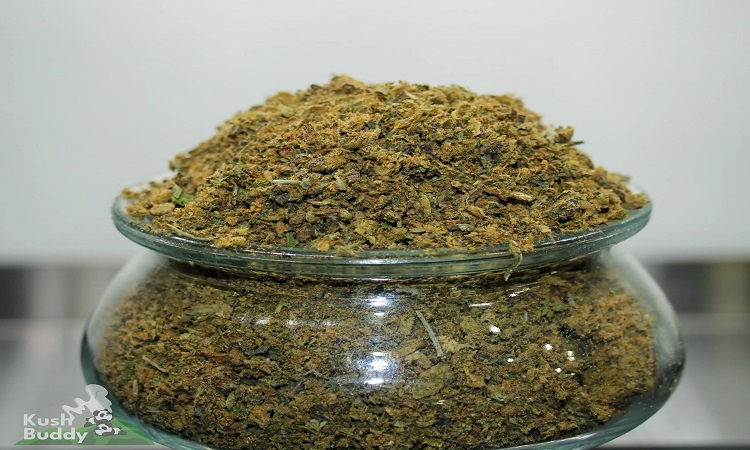Delta-8-tetrahydrocannabinol (Delta-8-THC) is a positional isomer of delta-9-THC with a comparable medicinal profile and slightly lower psychoactive strength. Although delta-8-THC has been really vital for SAR studies on classical cannabinoids, few bioactivity research studies have actually been made with the pure compound. It is probably not generated by plant metabolism, however, instead, it is an artifact caused by the destruction of THC. In really low concentrations (0.001 mg kg − 1 in computer mice, intraperitoneal (i.p.) shot), it increased food intake, more than THC, whereas efficiency and activity of the pets were comparable. This reduced dose amounts to around 0.1 mg for an average human, a quantity that might quickly be formed by the deterioration of THC during the smoking of Cannabis (or be currently present in aged plant material). As a result, it could, at the very least partly, be responsible for the ‘munchies’, a popular name for Cannabis-induced increase in cravings.
Delta-8 currently exists in a lawful gray area.
A couple of state legislations especially address delta-8 THC right now. Most state regulations that relate to marijuana or cannabis use language that covers marijuana, cannabis, THC, CBD, or delta-9 tetrahydrocannabinol. There are 11 states where delta-8 is believed to be unlawful according to state legislation.
The federal Drug Enforcement Administration (DEA) has, in a recommended guideline, indirectly classified delta-8 THC as a Schedule I managed material, which would make it government unlawful. That policy is not yet final.
Delta-8 THC is frequently sourced from hemp, not cannabis, which is why it’s currently marketed in numerous states where cannabis is unlawful. To be much more certain, nearly all delta-8 THC presently on the market is derived from CBD extracted from government lawful hemp.
This can be a little complicated because hemp is, practically, a cannabis plant that contains less than 0.3% THC. When we talk about “cannabis,” though, we’re generally describing cannabis plants with THC material of 0.3% or greater.
Overview to marijuana legalization.
The 2018 farm costs, a government act gone by Congress, legalized hemp in the United States. That act defines hemp as: “All derivatives, essences, cannabinoids, isomers, acids, salts, and salts of isomers, whether growing or otherwise, with a delta-9 tetrahydrocannabinol concentration of not more than 0.3 percent.” This language makes delta-8 legal because it does not include any type of delta-9 THC.
Nevertheless, some states have selected not to embrace this detailed language of the farm costs in their own state legislation, making delta-8 unlawful in specific states. Producers and retailers of delta-8 sell just to states that have legislation matching the ranch costs’ language. Even after that, some producers might just offer to particular states based upon their own analysis of a state’s laws.
In addition, in August 2020, the DEA launched an Interim Final Rule (IFR), a document implied to update and verify the differences between hemp and cannabis. That acting regulation stated: “All artificially acquired tetrahydrocannabinol remain Schedule I controlled substances,” which would certainly make delta-8 prohibited because it is tetrahydrocannabinol that is extracted or synthetically obtained.
Thanks for reading this post, what do you know about delta-8 please share your experience with us.





